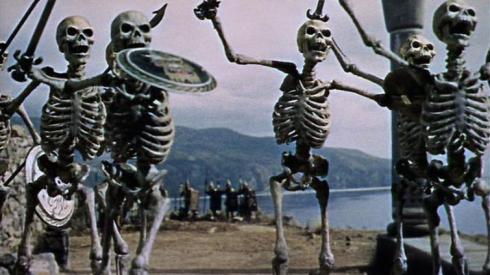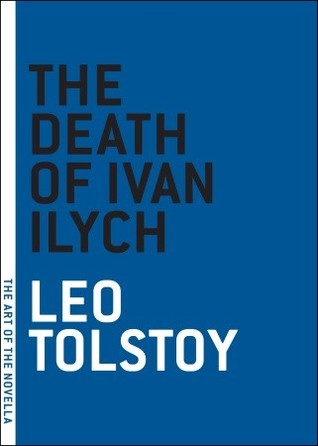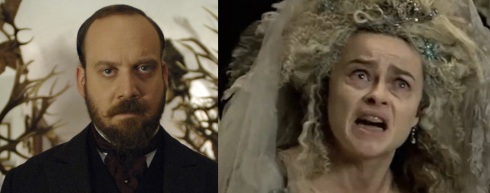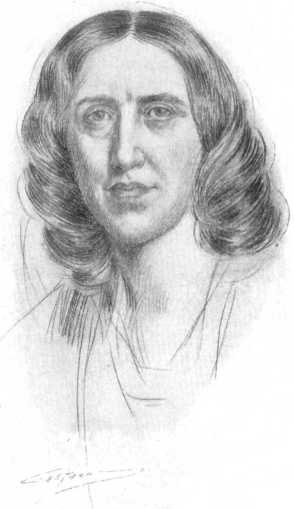
My “Art of the Novella” collection continues to grow with this edition of Tao Lin’s Shoplifting from American Apparel.
Purely by accident, I read two novels this week starring completely apathetic, self-pitying protagonists. One was Hemingway writing himself into a torrid affair set in Pamplona, and the other was contemporary author Tao Lin writing himself into Shoplifting from American Apparel, an installation in Melville House Publishing’s “The Contemporary Art of the Novella.” Lin’s protagonist Sam navigates the hipster scene of New York City, various halfhearted affairs, and his own kleptomania in this autobiographical story.
Sam, a young man in his twenties of a nondescript profession is leading a nondescript life. The very nondescriptness of his life sets the tone of Lin’s novella to a droning, tongue-in-cheek pitch–a perfect vessel for Lin’s story about a self-pitying protagonist who’s greatest trouble is creating meaningful relationships. The trouble starts with an instant message conversation between Sam and Luis, a friend Sam knows only through a digital connection. Sam’s other relationships include several pseudo-girlfriends and the acquaintances he makes spending the night in jail for shoplifting.

Lin’s protagonist Sam is totally the self-pitying, the brooding type, like Jon Snow. (Only Jon Snow actually had things to brood about, and Sam just feels the loneliness of the postmodern Information Age.)
SfAA is a postmodern novella of a postmodern man, written in a postmodern style. Contemporary readers, myself included, really love our labels. And it’s not just readers. As a society, we love to categorize the hipsters things and the retro things. We love to say things like, “That’s so post-postmodern.” Lin capitalizes on this bizarre level of self-awareness, and seems to jab at Sam/himself through the character’s juvenile personality. Sam spends a lot of time (I mean, it’s a novella for Christ’s sake, so we’re already low on real estate) complaining with Luis about how “f@#cked” they are.
The short form is perfect for Sam’s story. For one, no one wants to spend that much time reading about Sam’s idea of an extreme sport: full contact apathy. Secondly, Lin gives us a narrative made up of snapshots. It’s a montage of curated moments that feels a lot like two-minute football highlight video on YouTube. The distant third-person perspective furthers Sam’s ostracization from the reader. In the same way he struggles making deep connections with his friends and lovers, Sam remains unknowable to the voyeur-reader. All we know is that he’s kind of a prick. It’s Lin’s skillful portrayal of a dislikable character that I appreciate, and I enjoyed this novella in the same way (though, not to the same level, maybe) that I enjoy reading Nick Carraway or Rabbit Angstrom. These are protagonists who feel pride in their lostness, in their f@#ckedness, in tension with their self-hatred.

It turns out Tao Lin is really bad at shoplifting, and so is Sam, Lin’s novella doppelganger. But I totally get it. I wouldn’t want to pay $90 for a knit, plain heather gray sweatshirt either.
Read it if … you have a brief moment to contemplate narrative form and the meaning of human relationships. This book may barely hit the 100-page mark, and it will feel like a light read if you let it. Lin’s hyper self-awareness is evident throughout the novella, though, as well as his intelligence.
Don’t read it if … hipsters make you angry, because a hipsters writing about the flaws of hipsters is going to lose its subtle messaging with you. SfAA could also just rub your the wrong way because you read it at the wrong time. I happened to read it at the right time, since Hemingway apparently put me in the mood for the whole asshole-protagonist thing.
This book is like … Ed Park’s Personal Days, which tells the story of a group of coworkers trapped in the cold, impersonal, bizarre world of a digitally based workplace. A third of the novel is written in the format of long, meandering email threads. Park’s characters are decidedly goofier, but it’s a quick read and points to the limitations and nuances of language in a digital medium.

From what it sounds like, Tao Lin is the kind of kooky guy who I would love to hang out with. As long as the night doesn’t end in prison for boosting stuff from overpriced clothing stores.
Tell me in the comments below: Who love-hates their generation more, a writer from the Lost Generation or a writer from the contemporary hipster generation?









